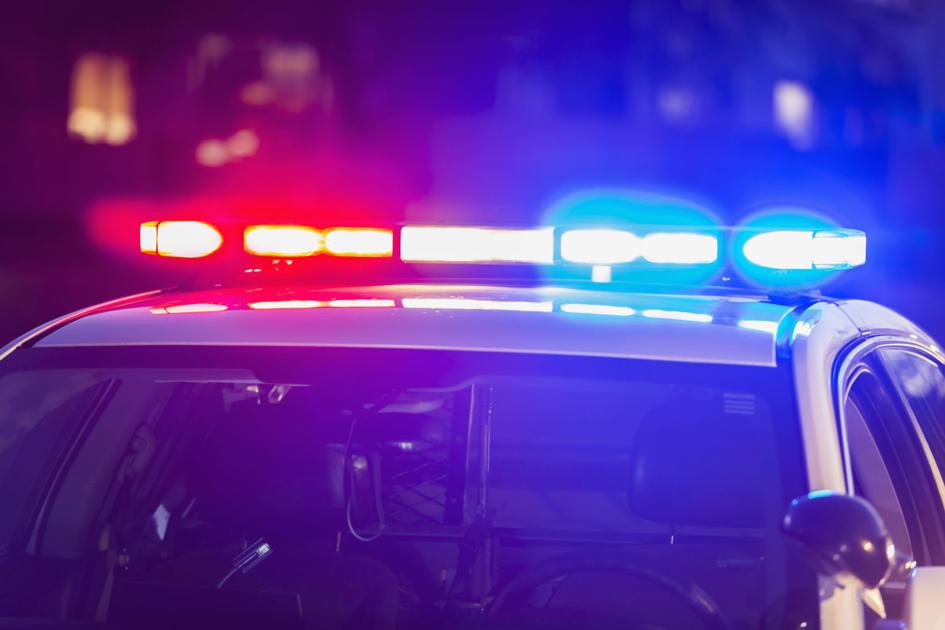
Civil rights attorneys are cheering a federal court ruling that affirms, seemingly for the first time in Colorado, that filming police in public is a First Amendment right.
However, a Lakewood officer who allegedly blocked two men from recording a traffic stop may not be sued because at the time, no judicial decision had clearly established that right.
The findings from U.S. Magistrate Judge Nina Y. Wang comes three months after the appellate court based in Denver explicitly avoided saying whether the U.S. Constitution granted the right to record police, even though other federal courts of appeals have answered the question in the affirmative.
“Circuit courts have held that this right is not limited to professional journalists or established media companies,” Wang noted in a June 8 order.
Those who litigate federal civil rights cases called the ruling a consequential step toward cementing the ability of bystanders and others to record police actions free from interference.
“This is the first decision I’ve seen in this district in Colorado saying as much,” said Andy McNulty of Killmer, Lane & Newman. “We’ve had a reckoning with policing, police brutality and race-based policing in the last year, and that reckoning would not have happened if there was not a right to record police in the performance of their duties."
“It’s about time Colorado courts caught up with the rest of the country, which has recognized this aspect of the First Amendment for a number of years,” added Mark Silverstein of the ACLU of Colorado.
Abade Irizarry, who described himself as a “YouTube journalist and blogger” of police misconduct, alleged he was at the scene of an early morning traffic stop in Lakewood, video recording the police's interaction with an individual for social media. Three other social media activists were with him, including longtime agitator Eric Brandt, who in April received a 12-year prison sentence for threatening a judge’s life.
Reportedly, Officer Ahmed Yehia got out of his police vehicle and stood in front of Irizarry to obstruct his camera’s view of the field sobriety test that other officers were conducting. According to court documents, Yehia shined a flashlight into the cameras of Irizarry and Brandt, and allegedly continued to harass the men. The federal complaint also accused Yehia of driving directly at the men and honking at them.
Irizarry’s lawsuit alleged Yehia infringed upon the First Amendment right guaranteeing free speech and freedom of the press with his actions.
Wang agreed with federal courts elsewhere in the country that gathering information about government officials serves a First Amendment interest. As such, Irizarry had made credible allegations that Yehia retaliated against or chilled constitutional speech by interfering in an unreasonable manner.
But Yehia asserted qualified immunity, a judicial doctrine that shields government employees from civil liability for their actions, absent a violation of clearly-established legal rights. In 2019, when the incident is alleged to have occurred, Wang determined there were no similar court cases that found someone in Yehia’s position would be acting unconstitutionally by obstructing a camera.
“Although there are a number of pre-2019 Circuit cases identifying a First Amendment right to record the police in public spaces while the police are performing their official duties, the court finds that Mr. Irizarry has failed to direct the court to a case which demonstrates that Officer Yehia was on notice that his conduct — standing in front of and shining a flashlight into Plaintiff’s camera for an unknown period of time — violated Mr. Irizarry’s First Amendment rights,” she concluded.
Brandt, whom a jury convicted on obstruction charges from the same Lakewood incident, had also sued Yehia unsuccessfully.
In March, the U.S. Court of Appeals for the 10th Circuit, which covers Colorado and five neighboring states, infuriated civil liberties advocates when it decided not only that the right to record police did not exist as of 2014, but that the court would not say whether the First Amendment protects video recording now.
"We exercise our discretion to bypass the constitutional question of whether such right even exists," wrote Judge Jerome A. Holmes for the three-member appellate panel that decided the case of Frasier v. Evans. Levi Frasier alleged Denver police officers in 2014 took the tablet he had been using to record them punching a suspect and deleted the video, even though Denver had trained its officers that the First Amendment protected bystander recordings.
The 10th Circuit panel decided the training was irrelevant, as only federal courts could say what the First Amendment protected.
"You have Judge Holmes saying, 'we don't care if the officer knew he was acting in bad faith.' Qualified immunity is really absolute immunity," said attorney Sarah Schielke at the time.
Although Wang's ruling would not apply circuit-wide unless affirmed by the 10th Circuit, it does hold legal significance on its own.
The case is Irizarry v. Yehia.
"right" - Google News
June 17, 2021 at 06:39AM
https://ift.tt/3xwQzMP
In a first for Colorado, federal judge rules First Amendment grants right to record police - coloradopolitics.com
"right" - Google News
https://ift.tt/32Okh02
Bagikan Berita Ini














0 Response to "In a first for Colorado, federal judge rules First Amendment grants right to record police - coloradopolitics.com"
Post a Comment